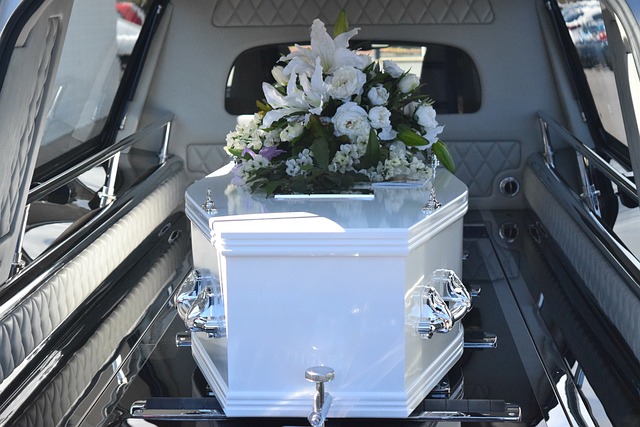What Happens When a Death Occurs Far from Home?
Dealing with the death of a loved one is a difficult process, to begin with, and can be even more of an emotional challenge when that person dies far away from home. It’s important to remember that it’s not just those who knew the deceased who are grieving – there are also family members or close friends back in the UK who may be feeling shattered after hearing the news.
At rosycompany.co.uk, this comprehensive guide will cover everything you need to know about what happens when a death occurs far from home, including the steps you must take, the legal requirements, and the various options available.
Everyone will handle their emotions differently, and this blog post explores how these socially distant individuals can help support each other during such a painful time.
Step 1: Confirm the Death
Losing a loved one is always difficult, and it can be even more challenging when it happens far away from home. Suppose you are dealing with the aftermath of a loved one’s death in a foreign country or distant location within the UK. In that case, navigating the logistics of getting them home and arranging a funeral can be overwhelming.
The first step when dealing with the death of a loved one is to confirm the death. This can be challenging, especially if you are not physically present. In the UK, you will need to contact the local authorities in the area where the death occurred. The police, a doctor, or a coroner will need to be notified, depending on the circumstances surrounding the death.
Step 2: Notify the Relevant Authorities
When a death occurs far from home, knowing who to contact for assistance can be confusing. Here are some suggestions on who to reach out to:
- The local authorities: If the death occurred in a public place or as a result of a crime, you should contact the local police department or emergency services to report the incident. They will be able to guide the next steps to take.
- The deceased’s travel insurer: If the deceased had travel insurance, their policy might include coverage for the repatriation of their remains. Contact the insurance company to initiate the process and determine the required documentation.
- The embassy or consulate: If the deceased was a citizen of another country, contact their embassy or consulate to notify them of the death. They can assist with repatriation, support the family, and help with the necessary paperwork.
- A funeral director: Once the body is repatriated, a funeral director can assist with arranging the funeral and burial or cremation. They can also provide support and guidance to the family throughout the process.
It’s important to note that the process can vary depending on the circumstances of the death, so it’s best to seek guidance from the appropriate authorities and professionals.
Step 3: Arrange for Transportation
Transporting a deceased loved one can be complicated, especially if they are far from home. If the death occurred abroad, you would need to work with the consulate or embassy to arrange for transportation of the deceased back to the UK. If the death occurred within the UK but far from home, you will need to work with a funeral director to arrange transportation of the deceased to their final resting place.
Step 4: Register the Death
In the UK, deaths must be registered within five days of the death occurring. This can be done at any register office, regardless of where the death occurred. You must provide the registrar with certain information, including the deceased’s full name, date and place of birth, occupation, and details of their next of kin. The registrar will issue a death certificate, a legal document you will need for various purposes, including arranging the funeral.
Step 5: Arrange the Funeral
Once the death has been registered, you can start to make arrangements for the funeral. You can choose to have the funeral in the location where the death occurred or in a different location, depending on your preferences. If you are unfamiliar with the area, working with a local funeral director who can guide you through the process can be helpful.
Various options are available for funerals, including cremation, burial, and green or woodland burials. You must consider costs, religious or cultural requirements, and the wishes of the deceased and their family.
Conclusion
If you find yourself dealing with the death of a loved one that occurs away from home, taking things one step at a time and seeking support from family, friends, and professionals where possible is essential.

